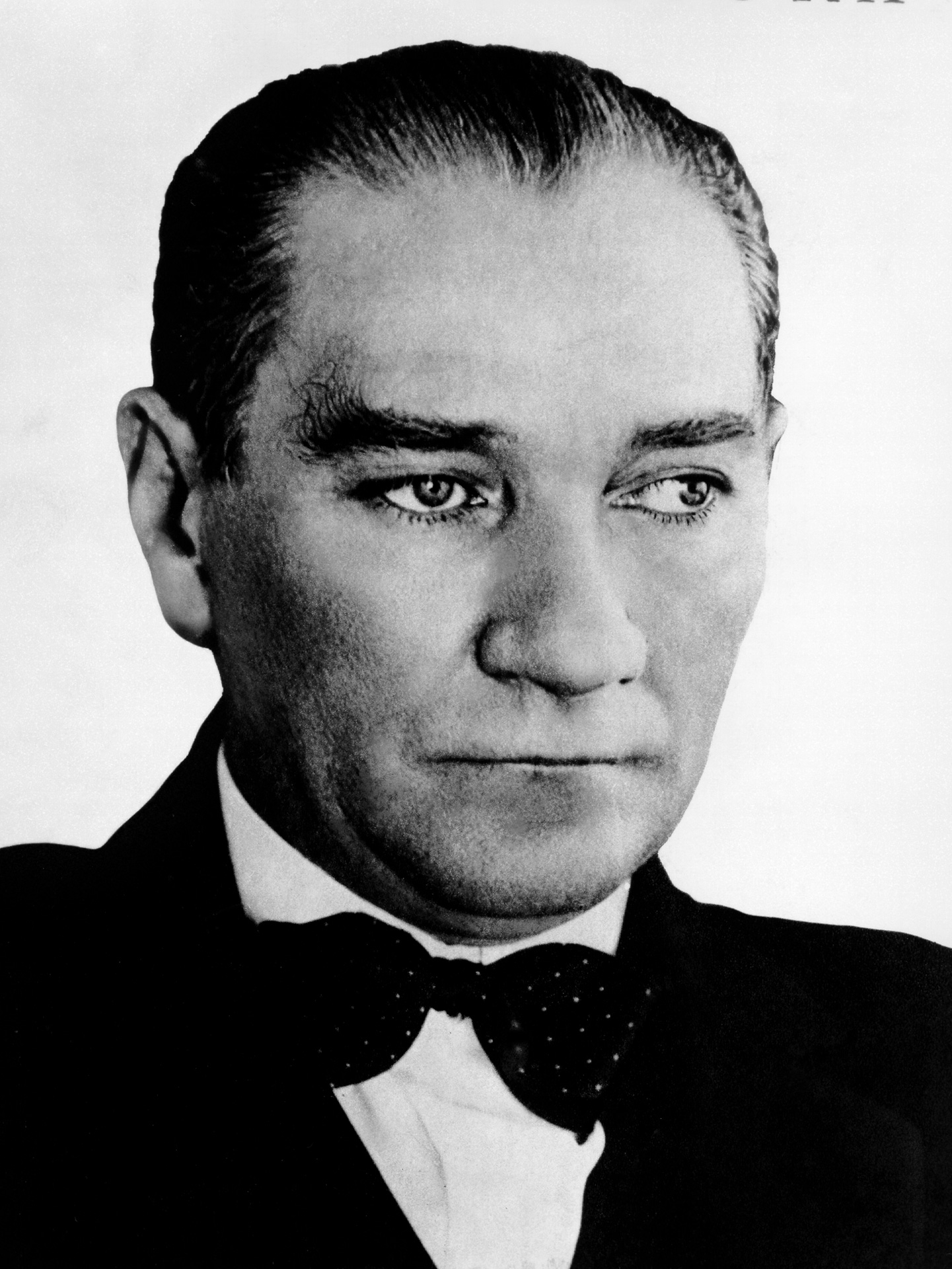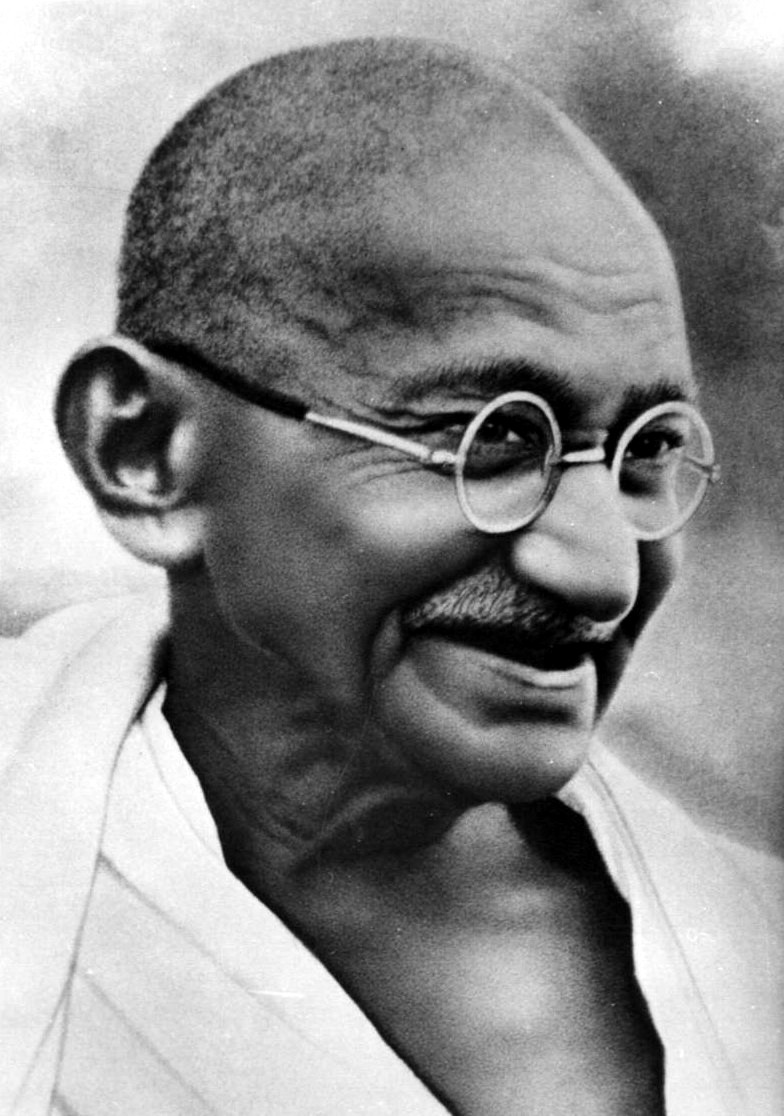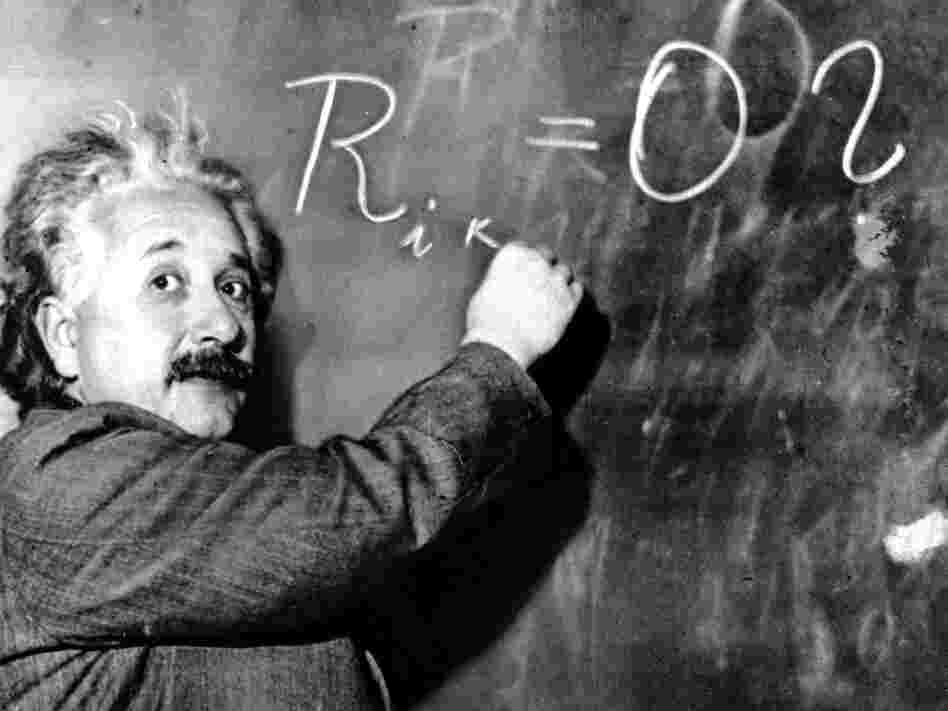Gandhi and Mustafa Kemal Ataturk are both men famous for their beliefs and conviction to those beliefs. They have several similarities and differences and comparing them helps put both of them in perspective. One of the major differences is the fact that Gandhi was a pacifist while Ataturk was not totally opposed to violence. Ataturk is known for shaping the Republic of Turkey after the collapse of the Ottoman Empire. Gandhi, on the other hand, is known for his social and religious beliefs. Also, Ataturk supported Westernization, but Gandhi was totally opposed to it. Despite these major differences, these two men have several similarities. Both fought social innjustice in their own way. Gandhi fought segregation while Ataturk helped with women's rights. Gandhi and Ataturk have owned at least one of their names: Ataturk got his last name "Ataturk" when the Grand National Assembly gave it to him and was given his middle name "Kemal," which means mature, at military school. Gandhi was given the name "mahatma" which means great soul. Both were arrested for their beliefs and both had strong parental influences as children. Another similarity is the fact that both of these men were leaders in nationalism. The two men had different backgrounds though. Gandhi was born in India on October 9, 1869. He was part of an arranged marriage at age thirteen and went through a rebellious period at this time. He was a bad student and only barely passed his exams. Ataturk was born in 1881 in the Ottoman Empire (modern day Turkey) and went to a military school. He was considered a fairly good student, but only barely escaped being kicked out of school due to his part in publishing a newspaper criticizing the Ottoman Empire.
Gandhi
"An eye for an eye only ends up making the whole world blind."
"You must be the change you wish to see in the world."
Mustafa Kemal Ataturk

"Everything we see in the world is the creative work of women."
"To see me does not necessarily mean to see my face. To understand my thoughts is to have seen me."





